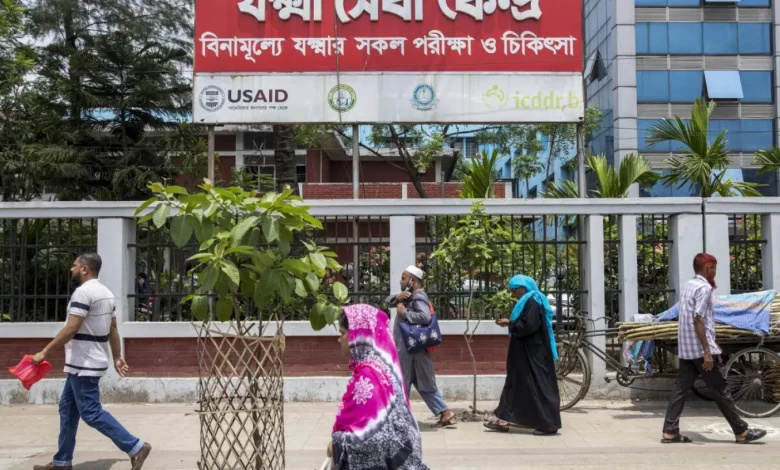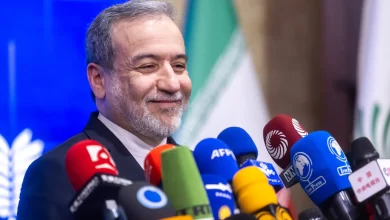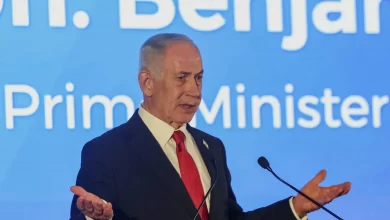US Aid Cuts Push Bangladesh’s Health Sector to the Edge

Bangladesh hoped to celebrate progress towards eradicating tuberculosis this year, having already slashed the numbers dying from the preventable and curable disease by tens of thousands each year.
Instead, it is reeling from a $48 million snap aid cut by US President Donald Trump’s government, which health workers say could rapidly unravel years of hard work and cause huge numbers of preventable deaths, AFP said.
“Doctors told me I was infected with a serious kind of tuberculosis,” laborer Mohammed Parvej, 35, told AFP from his hospital bed after he received life-saving treatment from medics funded by the US aid who identified his persistent hacking cough.
But full treatment for his multidrug-resistant tuberculosis requires more than a year of hospital care and a laborious treatment protocol — and that faces a deeply uncertain future.
“Bangladesh is among the seven most TB-prevalent countries globally, and we aim to eradicate it by 2035,” said Ayesha Akhter, deputy director of the formerly US-funded specialized TB Hospital treating Parvej in the capital Dhaka.
Bangladesh had made significant progress against the infectious bacteria, spread by spitting and sneezing, leaving people exhausted and sometimes coughing blood.



